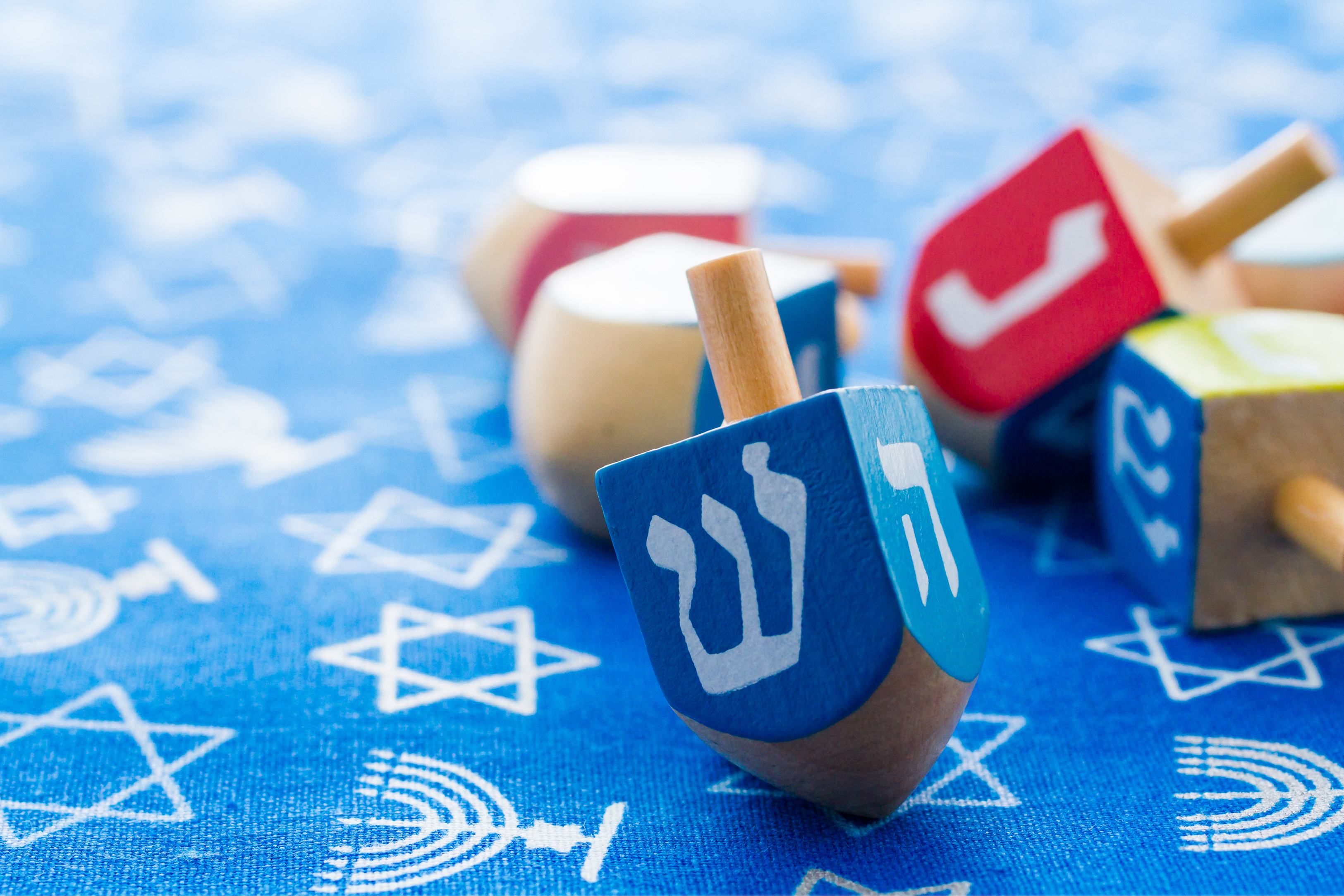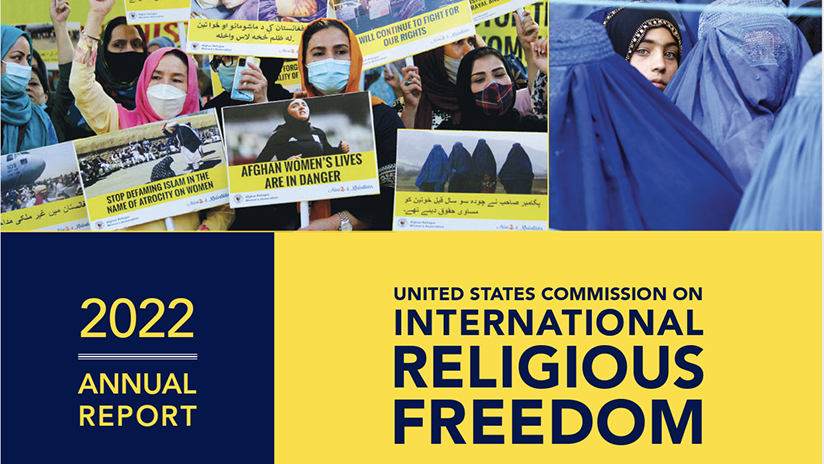
-
HOME
-
WHAT IS STANDOur Mission Our Values Our Help Contact
-
WHAT WE FIGHT FORReligious Freedom Religious Literacy Equality & Human Rights Inclusion & Respect Free Speech Responsible Journalism Corporate Accountability
-
RESOURCESExpert Studies Landmark Decisions White Papers FAQs David Miscavige Religious Freedom Resource Center Freedom of Religion & Human Rights Topic Index Priest-Penitent Privilege Islamophobia
-
HATE MONITORBiased Media Propagandists Hatemongers False Experts Hate Monitor Blog
-
NEWSROOMNews Media Watch Videos Blog
-
TAKE ACTIONCombat Hate & Discrimination Champion Freedom of Religion Demand Accountability
The Hanukkah Dreidel: A Symbol of Defiance Against Antisemitism
I was a lousy dreidel player as a kid. The traditional children’s gambling game played on Hanukkah, using candy instead of cash, was always something of a mystery to me. No matter how I spun the dreidel—a four-sided spinning top—I always came up empty to the delight of my siblings and cousins, who doubled and tripled their stashes at my expense.

The game is simple. The Hebrew letters occupying the four sides of the dreidel stand for the phrase “Nes Gadol Haya Sham,” meaning “A Great Miracle Happened There.” If the dreidel’s top falls on the letter “Nun,” you do nothing; on “Gimel,” you take all; on “Hay,” you take half; and on “Shin,” you ante up two.
When a community under such threat yet manages to retain its identity, customs and faith, it spawns a rush of pride.
What in the world did this game—where I kept hitting Shins—have to do with the heroic Maccabees, their hopeless fight for religious freedom and their impossible victory against the Greeks? How did this game—a gambling game, no less—relate in any way whatsoever to the miracle of a single day’s supply of oil for the menorah lasting a week and a day?
Did anyone even have the time to play with dreidels back then, over two millennia ago?
The answer is: There is that possibility.
The legend goes that, when Antiochus Epiphanes, the Greek ruler of the Seleucid Empire, banned all forms of Judaism—including Bible study—a clever ruse was devised. Whenever a group of Jews gathered for study, a dreidel would be prominent on the table. To the Greek law enforcers, it looked like the Jews were playing a perfectly permissible game of chance and the authorities would let it pass.
It was risky. If even one single individual betrayed the truth it would doom everyone—but apparently nobody did. So those Jews who continued to practice their religion did so under the constant shadow of death.
When a community under such threat yet manages to retain its identity, customs and faith, it spawns a rush of pride, not unlike that felt by current-day Jews, many of whom, in the face of an alarming spike in antisemitic hate crimes, defiantly and overtly practice their faith—wearing the garb, displaying their Hanukkah decorations, lighting their menorahs and finding joy in Judaism. In fact, in recent weeks, Jewish religious observance has increased, not decreased. Contrary to what one might expect from a clear and present danger to the Jewish community, synagogue attendance has gone up, not down.
So too, even in the darkest days of Seleucid tyranny, Jews were defiant and steadfast in their faith. The whispered joke making the rounds was that mighty King Antiochus, who fancied himself to be Zeus incarnate, was not Epiphanes—which means “God Manifest”—but Epimanes—“the Mad.”
In our own time, an Orthodox synagogue in New York City, in response to recent surges of antisemitism, offered a matchmaking program. The logic was clear: Antisemitism? Someone wants to get rid of the Jews? Nuts to that—we’ll just make more of them.
The response was immediate, with almost 200 Jewish singles signing up. The matchmaking initiative is the brainchild of Rebbetzin (Rabbi’s wife) Avital Chizhik-Goldschmidt. Summing up her synagogue’s answer to adversity—and by extension that of the Jewish community—she says, “I felt very much that the best way to respond to darkness and death is to bring in more light and more love and to bring people joy. Traditionally, that is the Jewish response to catastrophe.”
Spinning tops, secret jokes, matchmaking, defiant resolve in the face of adversity and hate—these are the things that connect Jews today with the Jews of yesteryear.
It is these things we celebrate on Hanukkah.
The things of which miracles are made.









